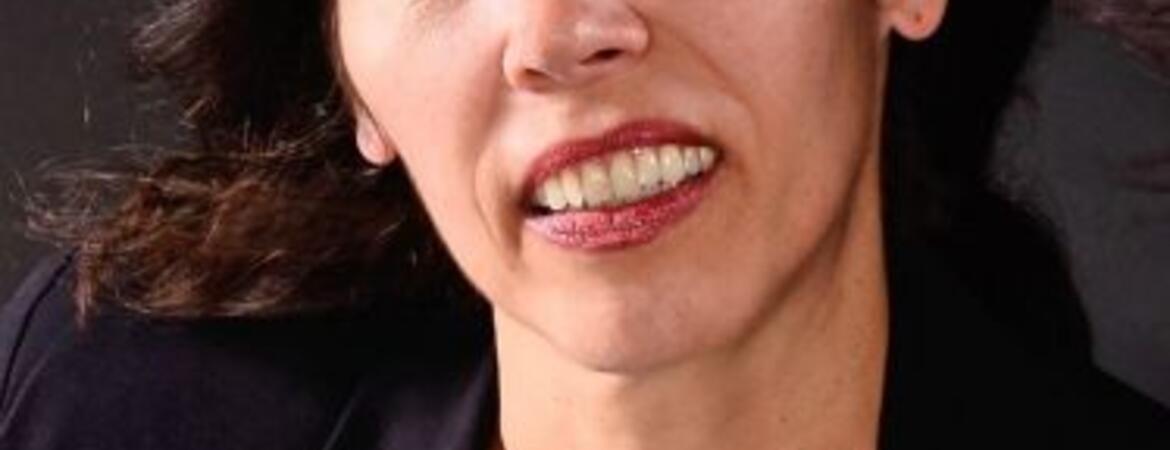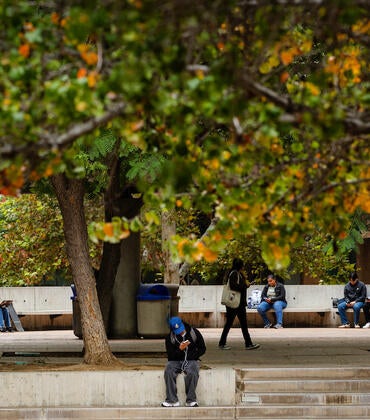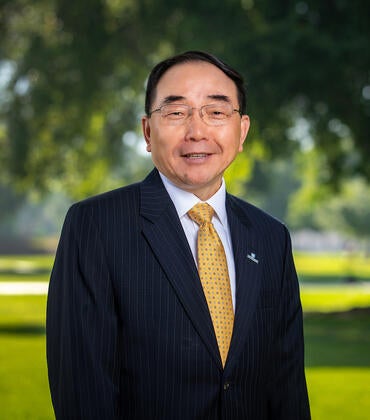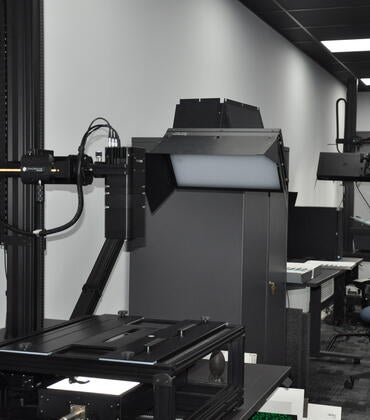Jeanette Kohl, an associate professor and former chair of UC Riverside’s Department of the History of Art, has received a one-year fellowship at the prestigious Institute for Advanced Study based in Princeton, New Jersey.
Kohl’s fellowship starts on Sept. 1 and ends on July 1, 2019, within the institute’s School of Historical Studies. She will use the year to work on her book “Facing Objects. Sculpted Portraiture in Renaissance Italy.” Kohl finished a three-year term as department chair in June. She specializes in portraiture, sculpture, and object culture of the Italian Renaissance.
“After three years as department chair, the year in Princeton is a wonderful gift,” Kohl said. “I will have time to read, write, and finish my book. Apart from that, I am looking forward to fall and winter on the East Coast, where the Christmas season feels a little more like in my country of birth, Germany.”
Kohl’s interest in the Italian Renaissance era goes back to her days as a postdoctoral researcher in Florence, Italy, where she visited a small museum with busts of men, women, and children. The sculptures made her wonder who these people were, so she quickly expanded her research to include how these intriguing images were perceived and what functions they fulfilled in the history of art.
Busts in the Renaissance served to document and glorify family lineage, a trend that can be traced back to Roman antiquity, Kohl said.
“Busts were meant to capture the significance and the presence of these people,” she said. “It was about money, social standing, and the preservation of your individual likeness for posterity. People were very prestige conscientious, and busts in enduring materials such as marble or bronze would outlast your life span.”
Kohl is the co-editor of five other books, including “Similitudo. Concepts of Resemblance” (2012); “EN FACE. Seven Essays on the Human Face” (2012); and “Renaissance Love. Eros, Passion, and Friendship in Italian Art Around 1500” (2015).
At UCR, Kohl specializes in the history of the body and concepts of identity and individuality in art history from ancient to contemporary art and culture. She is a past recipient of a Getty Scholar Grant and other Getty Foundation fellowships, as well as a fellowship at the Morphomata Center for Advanced Studies in the Humanities at the University of Cologne in Germany.
The Institute for Advanced Study, established in 1930, was founded with the intention of creating a space where educators and researchers could fully concentrate on their work and on deepening their curiosity. Among its faculty and members are 33 Nobel Laureates; past faculty have included Albert Einstein and Hetty Goldman, an archaeologist and the first woman to join the institute’s faculty.




